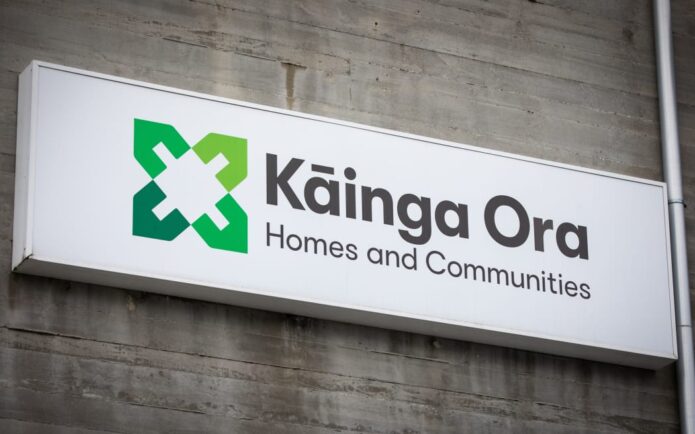PHOTO: The Reserve Bank of New Zealand. FILE
PRESS RELEASE – The Reserve Bank of New Zealand
|
|
|
|
MOST POPULAR
- Terry Serepisos in trouble again
- Leo Molloy fumes at police
- Claims about Jacinda Ardern’s wealth
- How to buy a residential home in New Zealand with high interest rates
- USB-shaped caravan polarising Kiwi campers | WATCH
- THE ANCIENT STONE CITY: Proof of NZ civilisation before Kupe
- Abandoned land for sale
- He sometimes struggled to pay staff, but owns a $4m holiday home
- Auckland landmark building up for sale
- ‘Worse than unsatisfactory’: RBNZ and Govt criticised over inflation, housing boom














